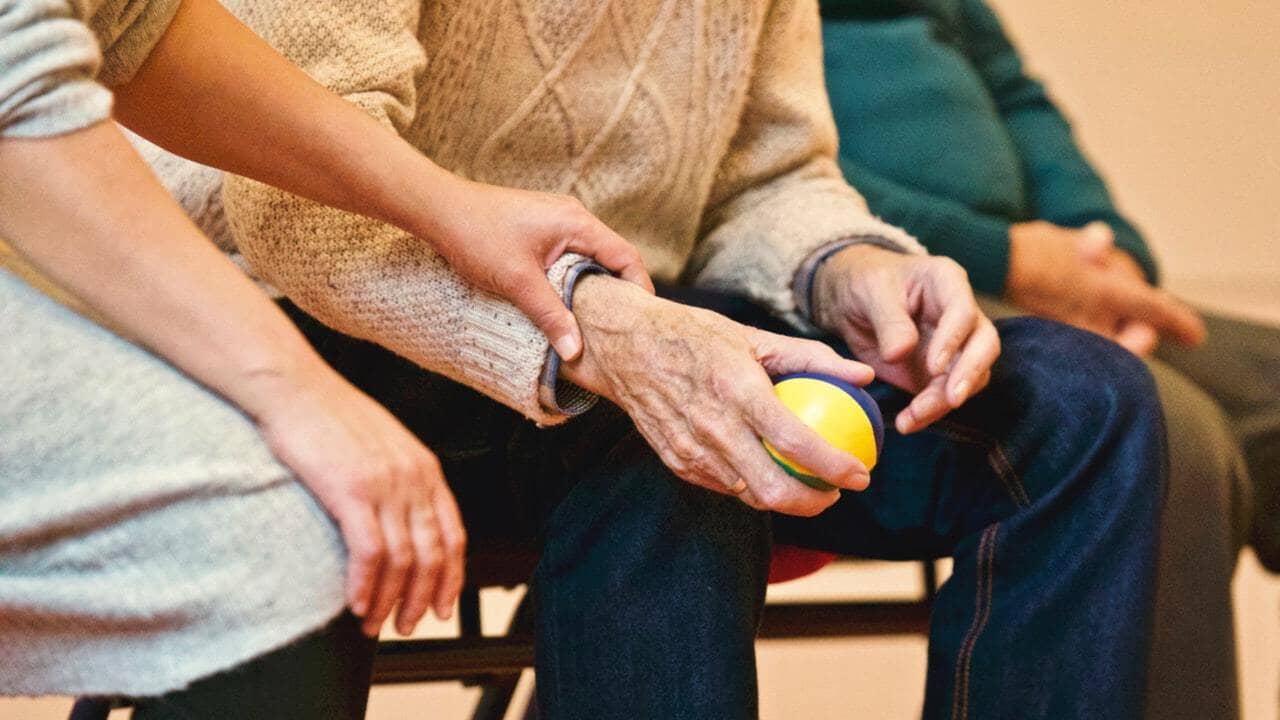We live in a world where youth is celebrated and aging is frowned upon. If you are among the number that prefers to stay young for a long time, here is something you need to seriously reflect on as you go about your day to day routine. A study conducted in Copenhagen on aging followed over five thousand individuals for approximately twelve years showed interesting findings. The findings are however disturbing. Contrary to what you read on the health blogs or hear on television, the researchers found that those who ran high mileages during the day died much more readily than those who just sat around lazily. Shocking! Right?
The category of individuals who ran high mileages belongs to those who ran faster than seven miles in an hour and did that for an average of two times a week. Sometimes more.
Professor Peter Schnohr, who was the lead researcher, drew the conclusion that long-term excessive exercises could be associated with artery problems, long artery wall stiffening and diastolic dysfunction. He and his group of researchers agreed that overly intensive exercises accelerated aging and were detrimental to one’s health.
I have compared these negative effects brought up by the study with the data from the International Anti-aging systems, which unfortunately was not available to the professor and his team. Diastolic dysfunction, mentioned by the Danish researchers, can easily be combated by balancing the hormones with oxytocin or Vasopressin. But I digress.
The million-dollar question
The study by the Danish team of researchers causes us to ask a very important question: why is it that fast running is detrimental to our health? As far as I can tell medical doctors have no concrete answer to this critical question. However, I have a theory that I first mentioned in my book – Stay 40 – published in 2009.
In the book I stated, with strong conviction, that heavy exercises cause the massive production of free radicals into the bloodstream, as much as eight times the normal quantity. This cascade tends to overwhelm our systems. When at rest, the oxygen getting into our lungs is easily controlled by our system’s defenses. This is especially true for our superoxide dismutase and our catalase. The pair of enzymes easily eradicates oxygen-generated free radicals. This is what happens when we are in a couch potato position.
However, during intense muscular exercises, our defenses against free radicals can become harmless meaning that the defenses dismutate and allow the number of free radicals to increase exponentially. This figure sometimes becomes as high as eight times the number when we are at rest. The result is faster cell and DNA damage.
For individuals in their first quarter of life this damage is quickly repaired by a robust hormone system that contains high amounts of estradiol and testosterone as well as growth hormones. However, above the age of forty, due to hormone deficiencies and imbalances it becomes difficult to promote cell and DNA repair. I also propose that rapid aging is caused by excessive consumption of drugs and alcohol, both legal and illegal.
Aging and drugs
Just as I’ve mentioned, heavy exercises in older people hastens the aging process and so does the use of methamphetamine. This drug has also been proven to cause rapid physical deterioration. I have measured the quantity of free radicals in meth users and have observed high levels of metabolites occur when the drug is injected into the bloodstream.
Misleading facts about aging and diet
The Diabetes and Endocrinology section published a study in the month of February, 2015 about the common belief among Americans that weight loss can only be achieved through diet and exercise. On the contrary, the study pointed out that once obesity is established the body weight becomes stamped in. It proceeded to add that the average adult with sustained obesity has less than a one percent chance of maintaining a healthy body weight without undergoing weight loss surgery.
The ‘stamped in’ effect mentioned here is considered to be largely caused by free radicals that tend to slow the body’s metabolism down in the process decreasing the quantity of hormones that allow us to burn calories.
Other side effects
Also referenced by the professor and his team, excessive exercise can cause stiffening of the arteries. Stiffening of the muscles is also caused by extreme exercises.
To get a more distinct picture, consider the gait of a twenty-year-old man and an eighty-year-old man from a distance of say fifty yards. It’s easy to distinguish the young man from the old due to their posture when walking. This difference becomes increasingly visible with aging.
The idea that as you age your gait stiffens should seriously be considered by everyone concerned with aging. If you live long enough, chances are your final days will be spent in a wheelchair.
Or so I initially thought until I discovered some peptides developed during the cold war for Russian troops. The peptides are being manufactured in Denmark today by a company using a patented method. Within just three days of application, the proteins in the peptides had added some flexibility to my aging muscles and my gait was more relaxed.
Gotratix –the Russian ‘muscle’ peptide regulator had also eased my muscular pain and boosted my flexibility after exercising. Amazingly, the stiffness and pain were almost completely eradicated after only using for three days. My body was flooded with an agility and vigor I had not experienced in a long time.
The downside of this endeavor though was the increased focus I had to maintain to coordinate my movement and my legs because it had been a while since I had such poise, balance and muscle speed.
On the first day I consumed two capsules and only took one a day thereafter for a period of twenty days. I also took a similar amount of Cerlutene – a brain peptide that goes hand in hand with Gotratix by improving the coordination of the brain with the action of the muscles.
The second peptide also seemed to affect my nervous system positively. Hopefully I won’t be spending my last days confined to a wheelchair.





